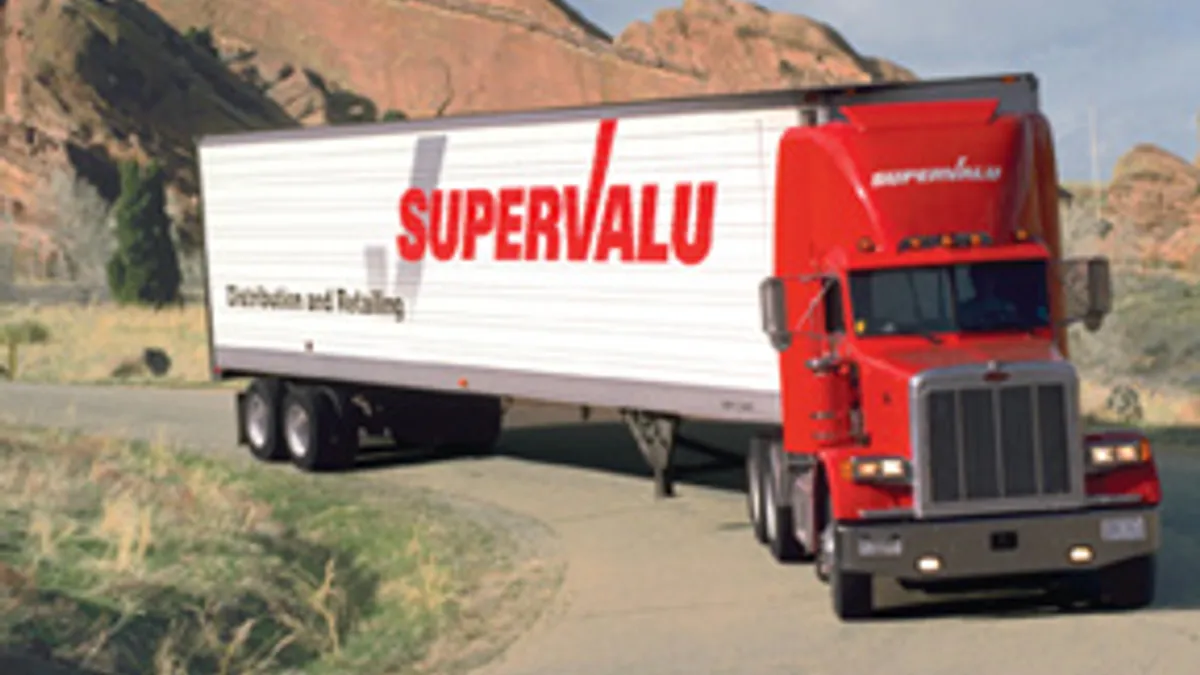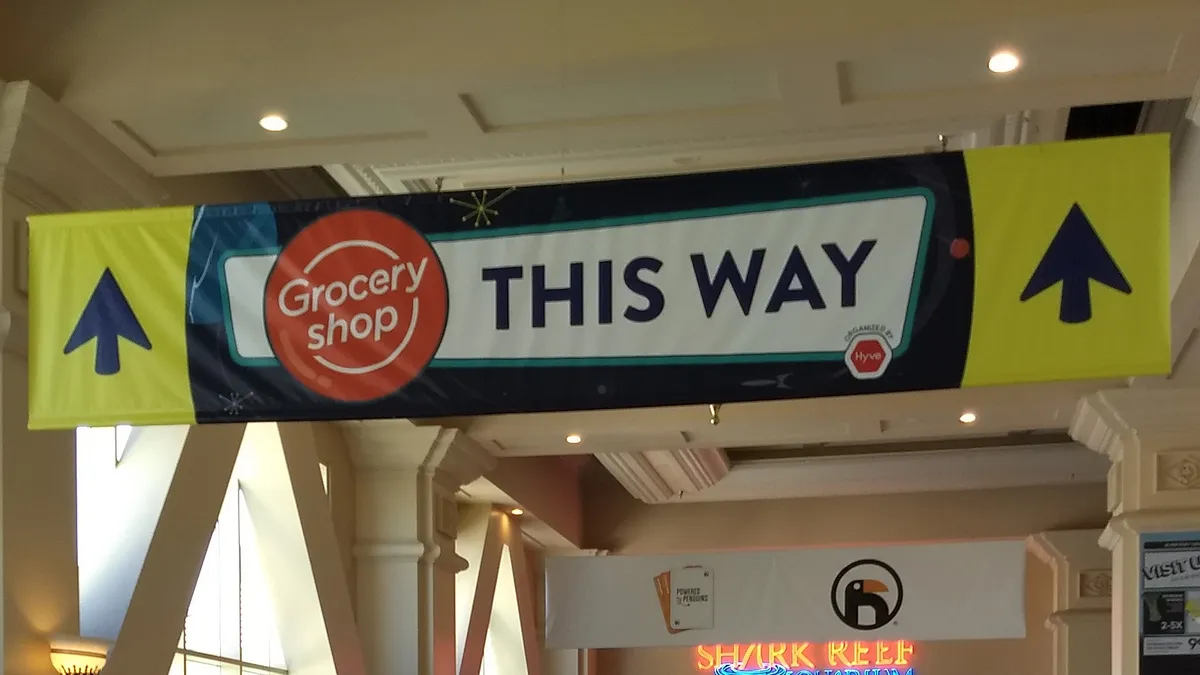Dive Brief:
- Jerry’s Foods, a 50-store regional grocer based in Edina, Minnesota, will outsource its technology network to Supervalu, reports Supermarket News.
- The deal will provide “multipoint connectivity” services to Jerry’s, SN notes, along with a 24-hour staffed help desk and access to value-added services like online ordering and a meal kit program. The partnership will save Jerry’s 15% on its IT costs, according to officials.
- This is the first time Supervalu has offered these technology services, which it developed for its own retail stores, to an independent customer. In all, Supervalu offers 200 value-added programs, from equipment purchases to deals on armored-car services.
Dive Insight:
Squeezed by pricing pressure and stiff competition from national players and alternative formats, regional grocers like Jerry’s Foods are looking for efficiencies wherever they can. The deal not only saves Jerry's money, but it also allows the retailer to focus on its core business, which should provide further returns over the long run.
Absent a large capital budget and deep financial backing, smaller retailers can’t afford the technological innovations that many large chains enjoy. So these grocers try to distinguish themselves through customer service, store cleanliness and other low-investment attributes. Through its deal with Supervalu, Jerry’s, which includes stores under the Cub Foods, Jerry’s, Save-A-Lot and County Market brands, will gain technological capabilities more on par with national competitors. A 24-hour staffed help desk, meanwhile, will help Jerry’s deliver on its core promise of top-notch service at its stores.
For Supervalu, the deal offers additional revenue and another way to capitalize on what’s become a challenging market for retailers. The wholesaler is a retailer itself, operating nearly 200 stores under five banners, and intimately understands the needs of its customers. Over the past several years, Supervalu has grown its wholesaling footprint while shrinking its retail store count. Last year, the company sold its Save-A-Lot discount stores for $1.37 billion to Canadian private equity firm Onex Corp.
Supervalu’s financial results have validated this shift, with wholesale revenue greatly outpacing that from its retail operations. Increasingly, Supervalu seems to view its stores as test labs for determining better ways to serve wholesale customers.
As regional and independent grocers continue to struggle, one has to wonder if the number of partnerships similar to the one between Jerry’s and Supervalu will grow. It seems likely, though that depends on how willing wholesalers are to venture beyond their core business, and most importantly, how strong those bonds are with their retail customers.










